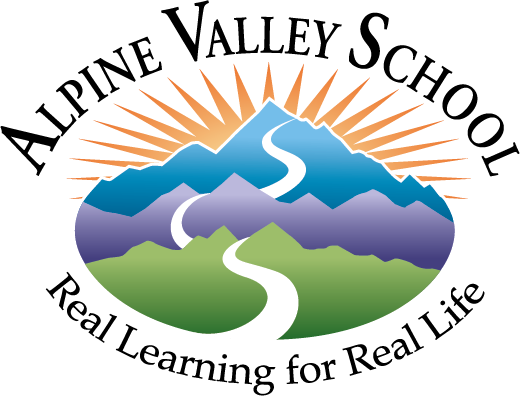Making the Dream Work
Before coming to work at Alpine Valley School, I spent five years employed as a project manager. Working for a large international corporation, it was my job to ensure that multi-million-dollar projects were completed on time, within budget, and with all promised features. As you might guess, a large part of my job function involved working as part of a team and, through much trial and error, I got pretty good at it. To this day, I have retained the skill of asking someone tactfully if they expect to meet their deadline (ask my spouse!).
Working as part of a team is challenging. When different personalities, values, and work styles get thrown into the mix, the conversational waters get choppy in no time flat. Nowhere is this more true than in a self-directed school like Alpine Valley School.
Over the past few weeks, I have helped produce our annual school yearbook, a project that involves several students and myself. I primarily operate in an advisory role, overseeing progress and ensuring that we meet our deadlines (I did say I was a project manager, didn't I?). Students do the actual work of choosing photos, creating layouts, and assembling the yearbook. They typically gather around one or two computers in the office and make decisions as a group. This process, as you might imagine, doesn't always go smoothly. There are differences of opinion, arguments over who controls which aspects of the project, and discussions, sometimes heated, over how to proceed.
I am often taken back to my days as a project manager where part of my job was to wade into these waters and smooth things over, finding a solution with the most agreement. However, that is not always part of my role as a staff member. More often, it's my job to stay out of it and let the students work things out for themselves. And, guess what? They do. I'd argue that their disagreements are often resolved faster and more peaceably than the discussions I facilitated as a project manager working with adults.
Here's an example. The group decided to create a page devoted to Halloween, including images of costumes that the students wore to school. One student thought a particular picture should be included on the page, while another thought it was not a high enough quality image. They went back and forth, each arguing the merits of their case, while a third student kept assembling pictures on the page. After a few minutes, things got rather heated, and one of the students made a wild grab for the computer mouse. This event dragged the third student into the argument, and soon all three of them were visibly upset with one another. Standing to the side, I readied myself to step in, but the students did not need my interference. After a moment, one of the students took a deep breath and announced that they all needed to take a break. The student who grabbed the mouse apologized, and they all three set about working on another page of the yearbook. Then, after about ten minutes, they were able to return to Halloween's page and choose a picture that satisfied them all.
We don't have report cards at our school (we don't even have grades!), but if some expert had called upon me to make one, I would have given all three of those students an A+ for interpersonal skills. They were ultimately able to face a challenging disagreement and come away from it not only as friends but having created a product that made them proud. And what's more, these sorts of interactions happen all the time! These lessons are the sort of invisible knowledge that seeps in through self-directed education. They are difficult to measure, and we aren't always around to watch them unfold, but they are as natural as any other discreet skill (like math or chemistry) and just as important.
Letting students work together freely, disagree when they need to, and even handle things poorly from time to time lays the ground-work for them to become adults who know how to work effectively as part of a team. It's a skill that I know, from personal experience, is highly valued in the adult world, and I think it will serve all of them exceptionally well - even after the yearbook is complete.
